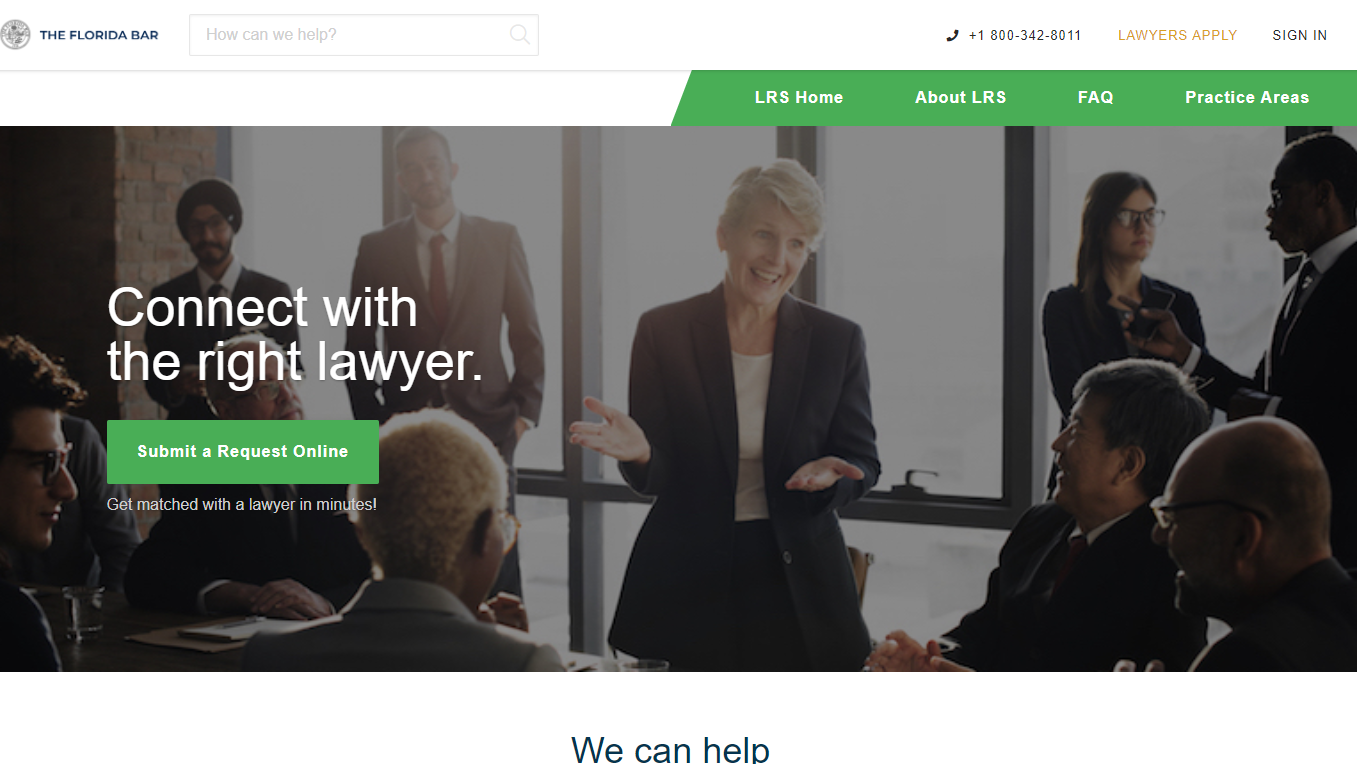Because I was traveling last week to attend the ctrl ALT del conference of the Association of Legal Technologists (which I wrote about here), I fell behind on some notable news stories from the world of legal technology. Here are three:
Monax Launches Blockchain Smart Contracts Platform
Last year, I wrote here about the launch of the Agreements Network, a blockchain-based platform developed by the company Monax and a consortium of allied law firms and legal technology companies. I later interviewed the founder of Monax, Casey Kuhlman, for my LawNext podcast.
The Agreements Network was intended to serve as a decentralized platform for law firms to productize contracts as scalable “active” (or smart) agreements and for consumers of legal services, mostly smaller businesses, to realize cost savings and greater security through a blockchain-based contract management system.
Last week, Monax announced the public beta launch of the first application built on that network, the Monax Platform. Monax describes it as a “relationship-centric workspace” for small-to-midsized businesses that enables them to leverage digital contracts to control risk and drive business systems.
According to Monax, the platform includes tools that allow businesses to create legally binding and auto-enforceable smart contracts, and then track and visualize their contractual obligations in a real-time, secure environment. Businesses can also use it to automate their contract templates and workflows.
The platform has two components: the Monax Dealspace and the Monax Studio. The Dealspace allows users and their counter-parties to delegate and coordinate team contractual tasks or approvals, automate repetitive contractual tasks, track the state of contractual obligations, dynamically load contractual tasks or approvals based on the contract’s state, and perform audits on legal obligations.
The Studio enables users to graphically create and test their obligations’ workflows in a drag-and-drop environment that does not require programming knowledge.
In Florida, Using AI to Refer Lawyers
The Florida Bar, working with legal technology company legal.io, has dramatically revamped the client portal for its lawyer referral service, with a modern design and enhanced access to online legal resources. Given that Florida’s LRS makes more than 70,000 referrals a year, those enhancements would be notable in themselves. However, there is another aspect that makes it even more notable.
The new service (lrs.floridabar.org) uses artificial intelligence to “intelligently” guide consumers to the right lawyer for any legal situation. The system uses machine learning to classify a consumer’s request into appropriate practice areas. The system was trained on over 150,000 historical referrals.
This is similar in concept to the Learned Hands project I wrote about in October, a joint project of Suffolk Law School’s Legal Innovation and Technology Lab and Stanford Law School’s Legal Design Lab, with funding from The Pew Charitable Trusts, in which a game is used to train an algorithm to identify the specific legal issues in consumers’ descriptions of their legal problems.
With the Florida portal, when a consumer’s request fits within a geographic and legal area covered by the LRS, the service will automatically suggest attorneys who are available and able to assist. The client can immediately select an attorney and schedule a consultation, 24/7. LRS staff are able to monitor these automated referrals and make additional referrals as needed.
Read more:
- Florida Bar Launches Newly Enhanced Lawyer Referral Service.
- Launching the enhanced Florida Bar Lawyer Referral Service.
ABA Names 2019 Women of Legal Tech
The American Bar Association’s Legal Technology Resource Center has released its fourth-annual roster of Women in Legal Tech, an initiative designed to encourage diversity and celebrate women in legal technology.
This year’s honorees:
- Kunoor Chopra, Vice President Legal Services and Co-founder at Elevate Services.
- Tanina Rostain, Professor of Law, Georgetown University Law Center.
- Joy Heath Rush, CEO, International Legal Technology Association.
- Dean Hari Osofsky, Dean, Penn State Law and School of International Affairs.
- Debbie Hoffman, Founder and CEO of Symmetry Blockchain Advisors.
- Kimberly Bennett, Founder, K Bennett Law LLC.
- Erin Gerstenzang, Founder of EHG Law Firm.
- Erin Levine, CEO of Hello Divorce and Levine Family Law.
- Laura O’Bryan, Co-Founder of MyVirtual.Lawyer.
- Kim Craig, Co-founder & Experience Designer, Bold Duck Studio.
- Natalie Worsfold, Co-Creator and product manager for CounterMeasure at Counter Tax Lawyers.
- Felicity Conrad, Founder and CEO, Paladin.
- Katie DeBord, Chief Innovation Officer, Bryan Cave Leighton Paisner LLP.
- Katia Alcantar, Co-Founder and General Counsel, Text A Lawyer, Inc.
- Catherine Krow, Founder and CEO, Digitory Legal.
The full list of honorees from all four years can be found here. Congratulations to all.
 Robert Ambrogi Blog
Robert Ambrogi Blog